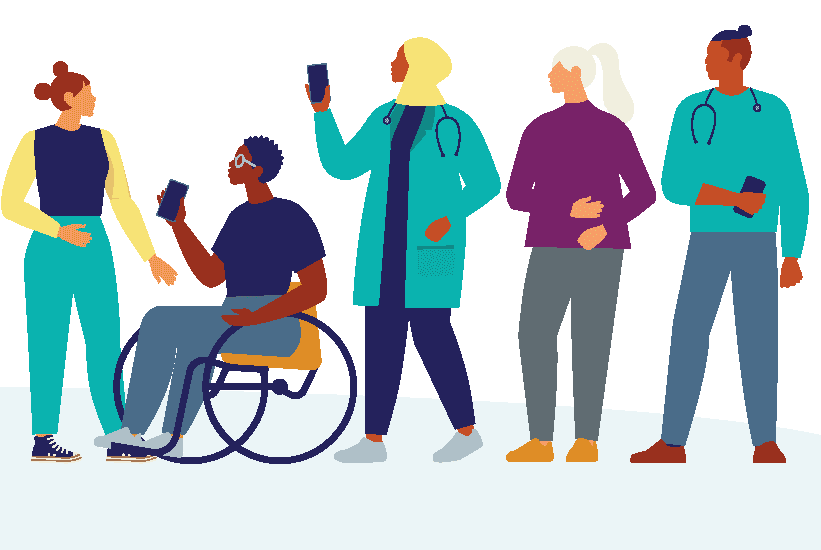
Past Mental Health, Addictions and Chronic Pain Community of Practice Sessions

Catch up with recordings and resources from our past events
Past sessions are certified as part of the Mental Health, Addictions and Chronic Pain CoP Self Learning Program where participants can earn Mainpro+ credits for reviewing past session recordings (both video and audio are available) and resources on their own time. To participate in self-learning:
Step 1: Determine which past session date(s) you’d like to review (see events below).
Step 2: Review the recordings and resources.
Step 3: Complete the self learning evaluation
This Self Learning Program has been certified by the College of Family Physicians of Canada and the Ontario Chapter for up to 1 Mainpro+Ⓡ credits for up to a total of 63 credits. Questions? Contact practisingwell@ocfp.on.ca.
Treating these conditions in an integrated way has become more demanding and complex – now more than ever. Find information to support the care you give patients – in a way that also considers your wellbeing.
Exploring Psychosocial Interventions in Chronic Pain
Chronic pain is widely recognized as a bio-psycho-social phenomenon, yet family physicians often rely solely on medication management strategies. Understanding the scientific role of biological, psychological and social factors in mediating chronic pain, as well as the resources available beyond medication management, can leave providers feeling more empowered in caring for patients with these issues.
Strategies to help family doctors transition from practice
Leaving or transitioning back into your practice, or decreasing your hours due to retirement, relocation, illness, or maternity leave can be challenging, especially amid the current family medicine crisis where patients struggle to find new family doctors and there is a shortage of locums.
Approaches to caring for children and youth with depression
Due to current challenges in healthcare, there are often delays in getting referrals for children and youth with depression, leaving family physicians to manage their care.
Integrating AI and technology into family medicine
AI and technology are changing the ways family doctors practice family medicine. This includes through the adoption of virtual visits and consults, and using AI to chart patient records, all of which family physicians need to stay up to date on.
Best practices for treating and diagnosing ADHD in primary care
Currently, there are long waitlists for free psychiatric assessments for adults with suspected ADHD, leaving patients unable to receive the necessary treatments.
An introduction to supporting patients through the opioid crisis
The Public Health Agency of Canada released data at the beginning of 2024 that showed the number of opioid-related overdoses and deaths in 2023 increased across the country.
Preventing burnout: Boundary setting strategies for family doctors
Family physicians are often seen as the safety net for the entire health care system. Family doctors frequently face pressures from hospitals, specialists, families, and patients to fill the endless gaps in health care.
Pride in family medicine: Gender affirming care
In Canada, one in 300 people ages 15 and older are transgender or non-binary, meaning that most family doctors care for gender non-conforming people in their practice.
Addressing Bias: Utilizing emerging therapeutics amidst fat-shaming
Rising rates of obesity and diabetes, drug shortages, patient demand and societal discussions around fat-shaming, have placed family physicians in a difficult position, at times acting as gatekeepers for medications, determining which patients should gain access to GLP-1 agonists.
Managing alcohol use: Understanding updated recommendations
Harmful use of alcohol contributed to 17,000 deaths in Canada in 2020, with an estimated $6.3 billion spent that year on healthcare cost related to alcohol use.
Approaches to caring for anxious patients
Patients with anxiety can often overuse health-care resources by presenting multiple health concerns to their physician. Family doctors can face difficulty if the cause of a patient’s concern is anxiety.
Power over pain: Managing patients with chronic pain
There is a large differential for chronic pain and it can be difficult to address. Some patients with chronic pain take high amounts of opioids, leading to discomfort with continuing the prescription.
